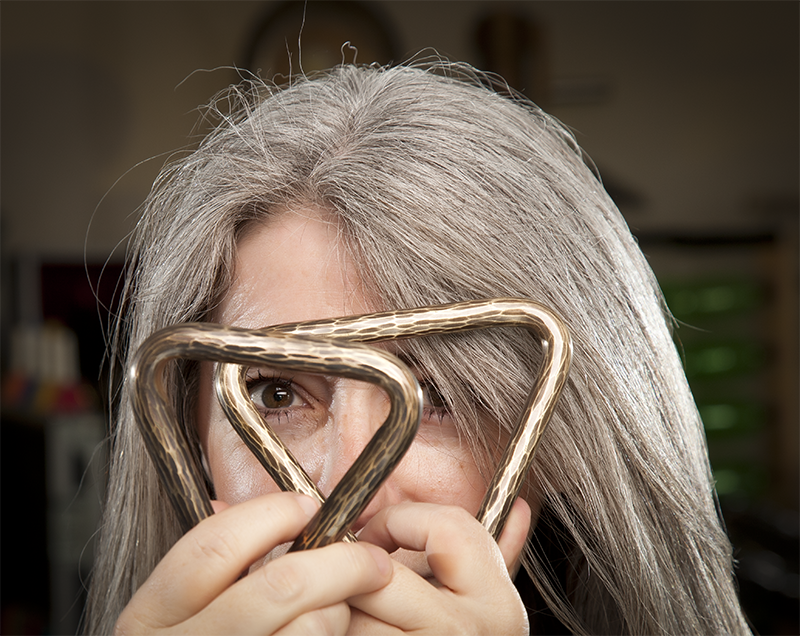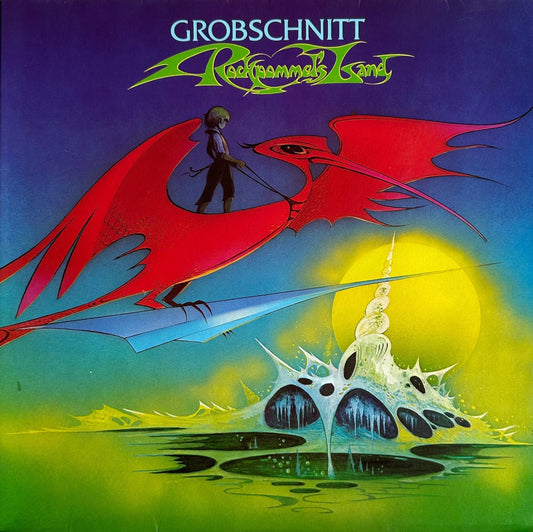Many years ago, when I was just 19, I started taking guitar lessons from a great friend of mine, to whom I am eternally grateful for his influence and input into the joy I have been able to derive from listening to music, as well as from my humble attempts at playing. I remember asking him on one occasion: what it was that he liked most about a particular piece? As you may imagine, as a guitar player and guitar teacher, his response was that he really enjoyed the guitar parts, the rhythm and lead solo parts.
What was perhaps more interesting and less obvious was what he also told me: he never really listened to the lyrics and keyboard parts. Initially I thought that made perfectly good sense, as I realized guitar was where his primarily focus laid. To be able to teach the parts both he and his students desired to learn, the most significant aspects of the music, for him, would then gain the greatest attention and the rest would be attenuated by the brain, consciously and likely also subconsciously after teaching for so many years.
In some ways I thought this was both masterfully brilliant, but also a little bit of a shame. On the one hand it was an enviable skill that could help you to drill down into a piece of music and pull it apart – a deconstructive mindset that could literally help you hear into the music. I was and in fact remain greatly impressed by this ability, not to mention the speed at which he could pick out the guitar parts in a recording.
It was also a loss in some ways, as the beauty of some meaningful lyrics could be lost in the ether. Some musicians compose their song with the bass line first (Sheryl Crow and Sting, as examples) others with a catchy melody or a rhythm part they have worked out, or even perhaps they might even start with a cool solo idea and work back from there. Significantly though, for most songwriters, the lyrics convey a story and set of emotions which for some listeners define the song’s real meaning.
I know that for myself, I really love instrumental music for its freedom from any predefined and prescriptive meaning. I love the places music without words can take you to in your own imagination. Perhaps lyrics can actually make a song more mundane. The potential for an abstracted and personalised form like instrumental music triggers for me an interpolative process that is freeing and creative. I am often in awe of musicians who can take you along with them on those projected journeys, as they have harnessed the ability to tell a story without words. The ability to add your own colors to a visualization of a piece of music is somehow very sympathetic to how our brains like to be creatively interpolative and expand outwards; to grow. On the other hand, when the lyrics to a song combine to match up, that too can be extra special.

Evelyn Glennie (more about her below). Courtesy of Philip Rathmer (and Brigitte).
This is not to say that lyrics prevent your imagination from working, but rather to make the observation that how we listen is perhaps most often subjected to a process that is by nature a selective one. After all, we like to hear what we prefer to hear. Whether it’s commendation or genuine praise for good work, right through to playing our favorite music, we develop preferences for these things. I once heard from a famous bass guitar player that we most often play 20 percent of our music collection about 80 percent of the time. So, again, we have selectivity right from the get go.
No wonder it’s challenging breaking into the music industry as a new artist. According to those figures, we would rather listen to what we already know and love. Triggering familiarity with selection bias is another reinforcement process that strengthens our lasting emotional bonds.
The trouble with being so selective is that we may miss out on other things. In part, these are the sentiments of Steven Wilson’s mostly-instrumental track Regret#9 from the album Hand. Cannot. Erase, when discussing the success of his career as an engineer and producer at the expense of other things in life. Check out Guthrie Govan’s emotive solo at 6:21:
We can choose how we hear a piece of music, actively and passively at the same time to varying degrees. We can be technically analytical and perhaps more emotionally disengaged, or we can be emotionally open and ignore the technical aspects of a song or piece of music, or of course experience a blend between the two. I often find that the first time I listen to a new piece of music or watch a film, it seems longer than subsequent repeats as I am both less analytical and more familiar on the second listen or viewing. For me, letting the technicality go and passively enjoying the wash of music is truly a sublime thing. It’s like taking in a stunning glowing sunset without having to set up, analyse the light conditions and photograph it. This pleasure can be easily lost with an overly critical disposition. The cool thing is that we can put our focus where we choose, albeit maybe at the expense of something else.
Perhaps it is not so much that less is more, but rather that how we focus can give us more appreciation for what we listen to. A streamlining of our listening. Consider the examples of blind musicians Stevie Wonder and Ray Charles. Or Evelyn Glennie, who is deaf. Then consider the limitations of Django Reinhardt, who played all his guitar solos with just the index and middle fingers of his left hand and used his two injured fingers only to play chords.
Evelyn’s example is one I want to highlight. Why? Because she listens to music with her whole body and not her ears. I’m not suggesting that any of us may achieve her abilities by simply taking our shoes off and feeling the vibrations in our feet, (although, have you tried it?), but can we broaden the ways in which we enjoy music? Surely, those of us with varying hearing abilities can try to tap into this holistic idea of experiencing music. “Listen” with all of your bones, not just the hammer, anvil and stirrup of the ear. After all, it’s much easier to hear than it is to be a genuinely good listener. Feel the sound pressure dynamics on your skin. Remove all distractions and perhaps listen with a more open mind to different genres.
Here is Evelyn’s excellent TED talk, entitled “How to Truly Listen”:
You’ll never get a trouser-flapping experience or visceral punch from headphones. On the other hand, they do have their place for delivering a cerebral and emotionally-engaging private experience. They may have the ability to nourish your mind and soul, but will never – literally – resonate with your body the way that, say, listening to a live band will, while sharing the experience of the band members as they work so hard in performing for an audience.
Even without such an extreme comparison, notice in this video below the observable effect that music has on water. Just imagine how your body is responding when listening to a well-set-up stereo system.
Amazing Water and Sound Experiment #2:
Amazing Resonance Experiment!
We should do all we can to deepen our appreciation for music, and we can achieve that by consciously shifting our focus, and having more awareness of how music impacts our bodies. It can result in greater satisfaction, and in continually developing our skills as discerning listeners.
Header image: Evelyn Glennie, courtesy of Andy McCreeth.



